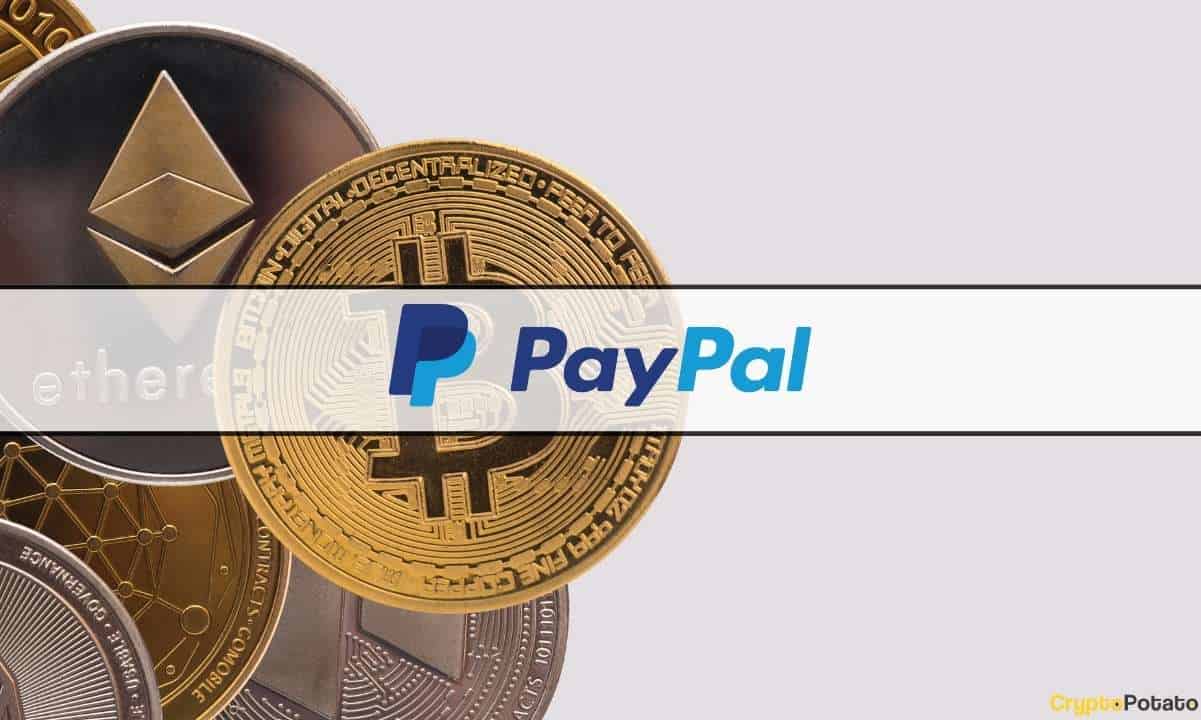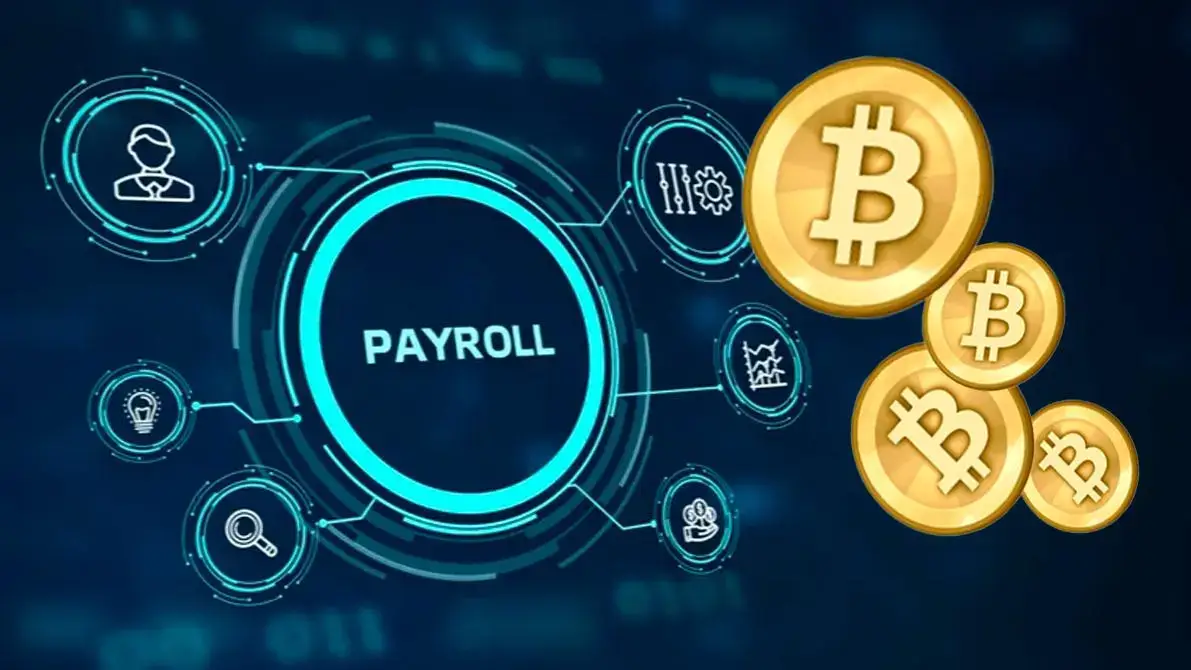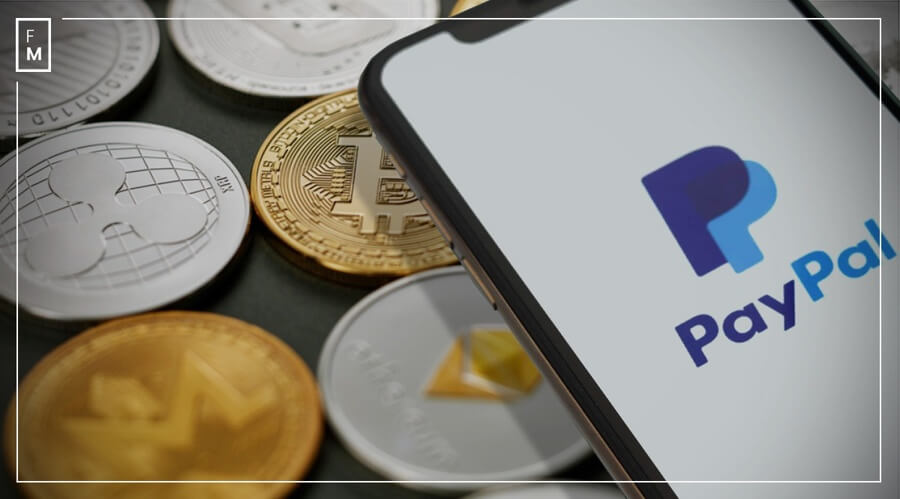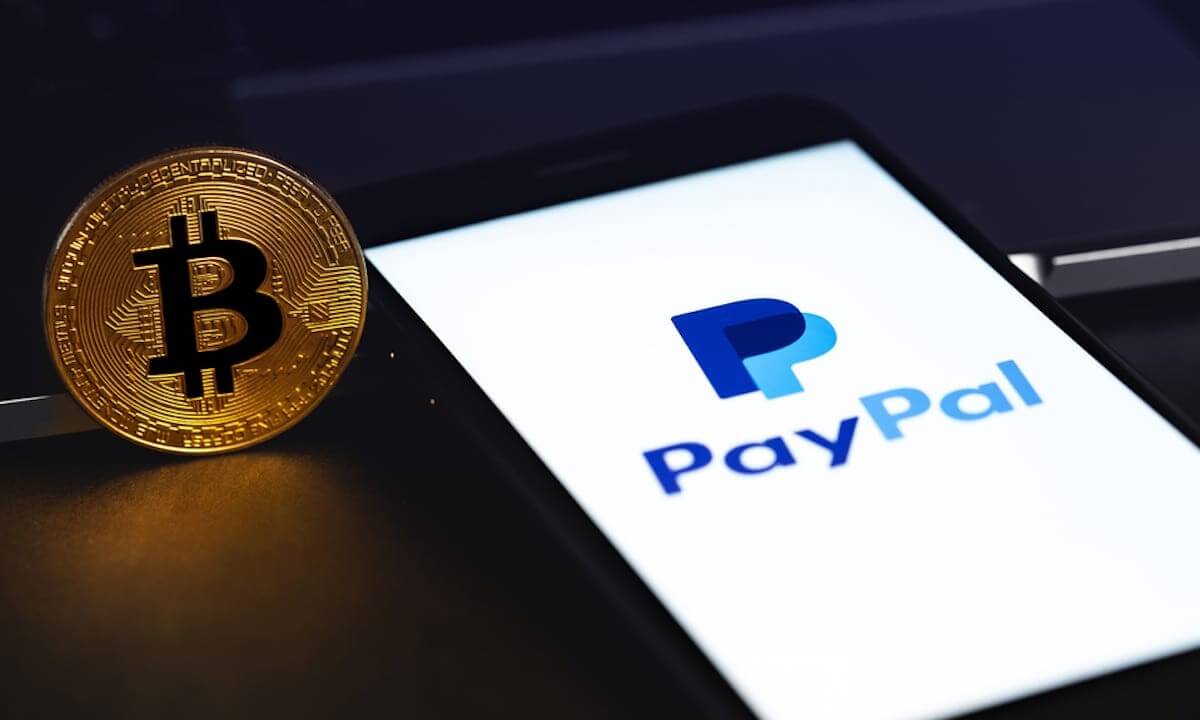Online Payment Opportunities: Navigating the Landscape with PayPal and Bitcoin
The evolution of online shopping has revolutionized the way we acquire goods and services. Gone are the days of mailing checks or waiting for cash on delivery. Now, with a few clicks and taps, transactions occur seamlessly thanks to online payment methods. However, navigating the landscape of options can be daunting, particularly when faced with two prominent players: PayPal and Bitcoin. This article delves into these two distinct methods, exploring their functionalities, advantages, and potential drawbacks.
Understanding PayPal: A Trusted Traditional Platform
Established in 1998, PayPal boasts a long-standing reputation as a secure and user-friendly online payment platform. It acts as an intermediary between buyers and sellers, facilitating transactions without requiring users to share their financial information directly. This creates an additional layer of security, particularly for online transactions where trust might be lacking.
Here’s how PayPal works:
- Account Creation: Users create a free PayPal account, linking it to their bank account, debit card, or credit card.
- Funding: Users choose the preferred funding source during checkout, allowing them to pay directly from their linked accounts.
- Transaction Processing: PayPal acts as an intermediary, transferring funds securely from the buyer’s account to the seller’s.
Benefits of using PayPal:
- Security: PayPal’s robust security measures offer peace of mind, protecting both buyers and sellers from fraudulent activities.
- Convenience: The platform integrates seamlessly with numerous online stores, providing a quick and effortless checkout experience.
- Wide Acceptance: With over 429 million active accounts, PayPal enjoys widespread acceptance among online merchants, making it a versatile payment option.
- Buyer Protection: PayPal’s buyer protection programs offer a safety net in case of disputes or unsatisfied purchases.
Drawbacks of using PayPal:
- Fees: While free for personal account holders, sellers incur transaction fees, which can sometimes be passed on to the consumer.
- Limited Control: Users rely on PayPal’s infrastructure and policies, potentially facing limitations in certain regions or transactions.
- Chargebacks: While buyer protection is beneficial, sellers face the potential for unfair chargebacks, which can impact their revenue.
Bitcoin: Unveiling the Decentralized Future of Payments
Bitcoin, introduced in 2009, is a decentralized digital currency not regulated by any central authority or bank. Transactions occur peer-to-peer on a public ledger called the blockchain, eliminating the need for intermediaries like PayPal.
How Bitcoin works:
- Mining: New Bitcoins are created through a process called mining, where powerful computers solve complex mathematical problems.
- Wallets: Users store and manage their Bitcoins in digital wallets, which can be software applications or hardware devices.
- Transactions: Bitcoin transactions are broadcast to the network, verified by miners, and recorded on the blockchain.
Benefits of using Bitcoin:
- Decentralization: Eliminates the reliance on centralized institutions, offering greater control and security for users.
- Transparency: All transactions are publicly recorded on the blockchain, ensuring transparency and immutability.
- Low Transaction Fees: Compared to traditional bank fees, Bitcoin transactions can sometimes boast lower fees, especially for international transfers.
- Borderless: Bitcoin transactions transcend geographical boundaries, facilitating payments across borders without limitations.
Drawbacks of using Bitcoin:
- Volatility: Bitcoin’s value fluctuates significantly, making it a volatile investment and potentially risky for everyday transactions.
- Complexity: Understanding and using Bitcoin requires technical knowledge, making it less user-friendly compared to established platforms like PayPal.
- Limited Acceptance: While gaining traction, Bitcoin is not universally accepted by merchants, limiting its practical application.
- Regulation: The evolving regulatory landscape surrounding Bitcoin can be uncertain and pose potential challenges.
Choosing Between PayPal and Bitcoin:
The choice between PayPal and Bitcoin ultimately depends on your individual needs and priorities. Consider the following factors:
- Security: Both platforms offer security measures, although Bitcoin’s decentralized nature requires a higher level of user awareness and responsibility.
- Convenience: PayPal is undeniably more convenient for everyday purchases due to its user-friendliness and widespread acceptance.
- Cost: While Bitcoin transactions can sometimes be cheaper, PayPal fees are generally predictable and transparent.
- Anonymity: Bitcoin offers a level of anonymity, which may be appealing to some users but also raises concerns regarding illegal activities.
The Future of Online Payments
The landscape of online payments is constantly evolving. While dominant players like PayPal maintain a strong presence, innovative technologies like Bitcoin continue to challenge the status quo. As technology advances, we can expect further integration, enhanced security features, and new payment solutions emerging in the years to come.
Advantages of Using PayPal and Bitcoin:
PayPal:
- Wide acceptance: Millions of online merchants and individuals accept PayPal, making it a highly versatile payment option.
- Convenience: The platform integrates seamlessly with various online stores, offering a quick and effortless checkout experience.
- Security: Robust security measures protect both buyers and sellers from fraudulent activities, offering peace of mind.
- Buyer protection: PayPal’s buyer protection programs provide a safety net in case of disputes or unsatisfied purchases, ensuring consumer rights are safeguarded.
- Dispute resolution: In case of problems, PayPal provides a secure and reliable dispute resolution process, mediating between buyers and sellers.
- Flexibility: Users can choose their preferred funding source – bank account, debit card, or credit card – during checkout, providing flexibility for individual financial situations.
- Mobile payment options: PayPal offers convenient mobile payment options through its app, facilitating easy transactions on the go.
Bitcoin:
- Decentralization: Eliminates the reliance on centralized institutions, offering users greater control and potentially lower risk of censorship or manipulation.
- Transparency: All transactions are publicly recorded on the blockchain, ensuring transparency and immutability, providing a clear audit trail for every transaction.
- Low transaction fees: Compared to traditional bank fees, Bitcoin transactions can sometimes boast significantly lower fees, especially for international transfers.
- Borderless: Bitcoin transcends geographical boundaries, facilitating instant and inexpensive payments across borders without limitations imposed by traditional financial institutions.
- Potential for appreciation: As a limited-supply asset, Bitcoin has the potential for long-term value appreciation, attracting investors seeking potential returns.
- Unconfiscatable: Since Bitcoins are stored in private wallets, they are not subject to confiscation by authorities, offering a potential hedge against financial system instability in certain regions.
Conclusion: Choosing the Right Path in the Evolving Landscape

The digital age has ushered in a dynamic landscape for online payments, and choosing the right method depends on your specific needs and priorities. PayPal offers established security, convenience, and widespread acceptance, making it a familiar and reliable choice for everyday transactions. However, Bitcoin’s decentralized nature, transparency, and potential cost advantages present an intriguing alternative for those seeking greater control and exploring innovative technologies.
Ultimately, the best path forward lies in understanding the strengths and limitations of both options. As the world of online payments continues to evolve, one thing remains constant: the need for secure, efficient, and accessible solutions that cater to the diverse needs of users across the globe. Whether you prioritize familiarity and convenience or seek the potential of cutting-edge technology, the future of online payments holds exciting possibilities for all.







